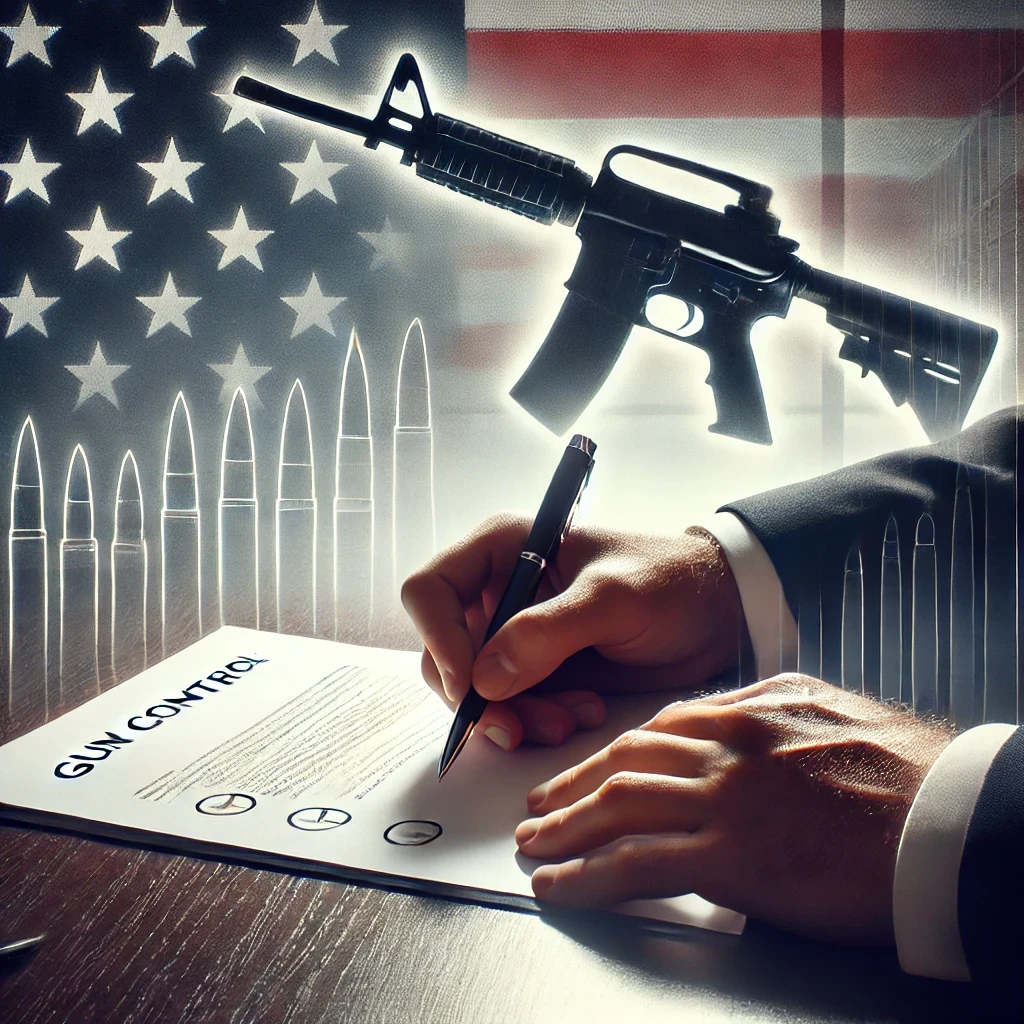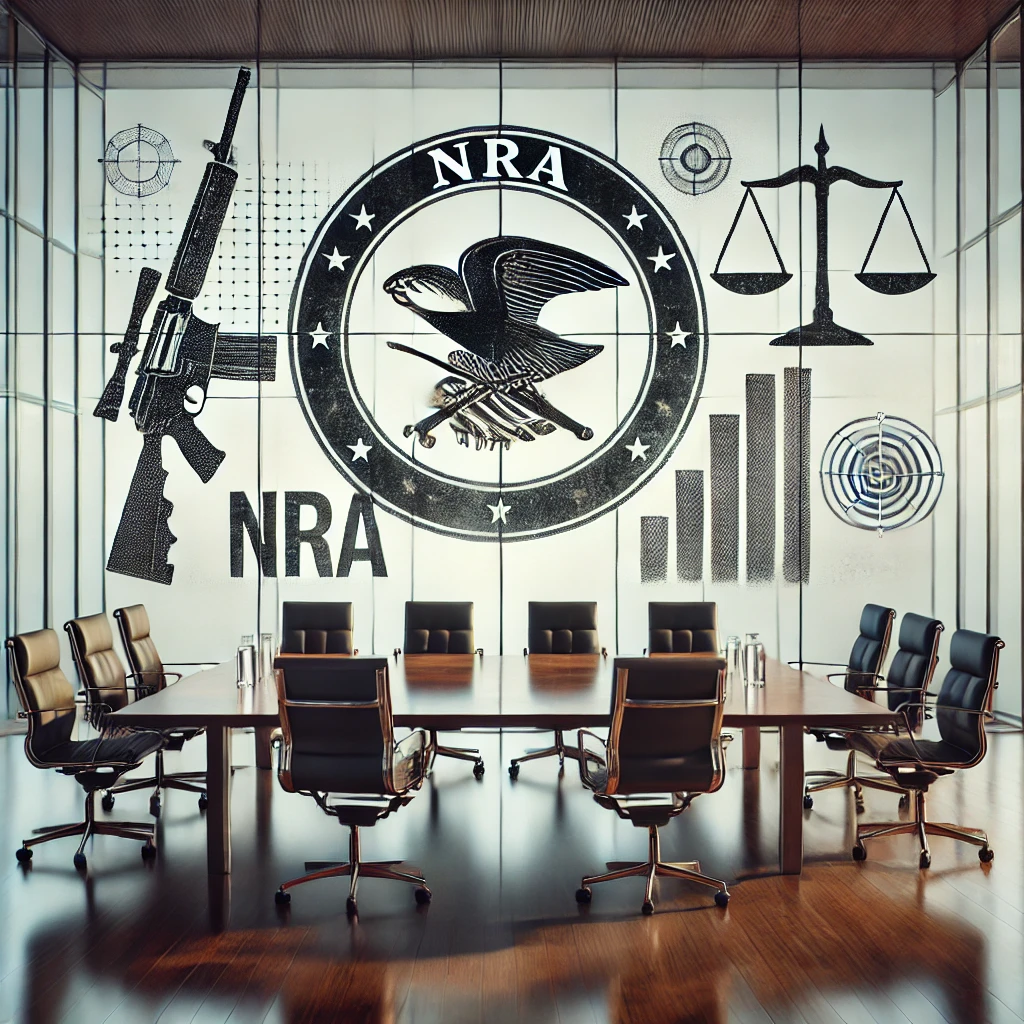The shocking shooting of UnitedHealthcare’s CEO has sent ripples through corporate America, sparking a debate over two potential paths companies might pursue in its aftermath. On one side, there’s a growing concern that corporations may lobby for stringent secrecy laws to shield executives’ personal information from public access. On the other, there’s speculation that this incident could become a flashpoint for corporate advocacy in favor of restricting gun ownership.

Following the incident, major health insurance companies have begun pulling down executive leadership pages from their websites, likely an immediate reaction to concerns over security. However, critics argue that this could pave the way for broader legislative efforts aimed at erasing management details from public filings, including SEC proxy statements and other disclosures that currently list executive compensation and key company activities.

Advocates of transparency warn that such moves would further shield executives from accountability. They highlight that these disclosures are already integral to investor decision-making and public oversight. Yet, the fear gripping boardrooms might push corporations to prioritize safety over openness. This effort could exacerbate public distrust, as ordinary citizens already feel distanced from the decision-making processes of powerful organizations.

The possibility of corporations advocating for stricter gun control measures has also emerged as a topic of speculation. Historically, companies have largely stayed away from gun control debates unless directly related to their industries. However, as executives themselves become targets, corporate interests may align with policy changes aimed at reducing access to firearms. Observers note parallels to historical shifts in attitudes toward gun control, such as during the 1960s and 70s, when personal threats spurred political figures and institutions to push for reforms.

Public sentiment on this issue reveals a stark divide. On one hand, there’s a grim sense of satisfaction among those who see this incident as a form of “reckoning” for health insurance CEOs, who are often criticized for policies perceived as profit-driven at the expense of human lives. On the other, calls for a systemic overhaul in healthcare are intensifying, with many advocating for reforms that address the root causes of public frustration.

As this tragedy unfolds, the implications for both corporate transparency and the Second Amendment are profound. If corporations succeed in tightening secrecy laws, it could set a precedent that erodes public access to vital information. Conversely, a corporate-led push for gun control might reshape the national conversation in unprecedented ways. Whether corporations double down on secrecy or engage in the gun debate, the outcome will reflect not just a response to this tragedy but a broader reckoning with the power dynamics in modern America.





